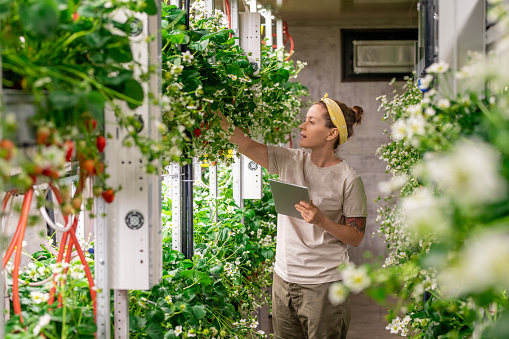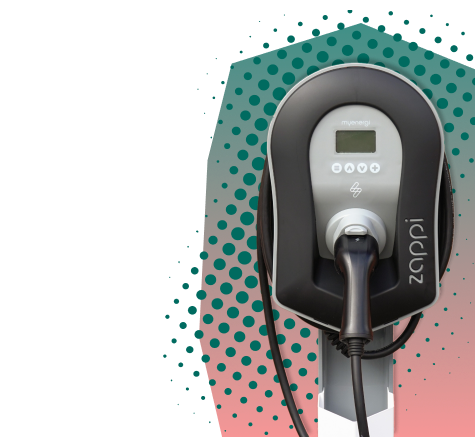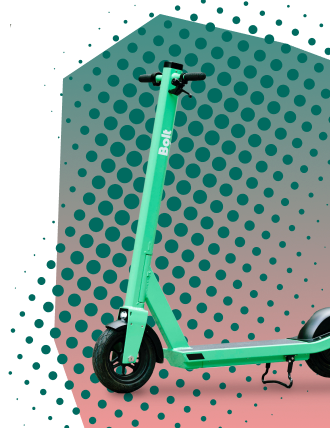What Is Vertical Farming
Vertical Farming (VF) is reshaping the traditional ‘Horizontal Farming’ processes which requires a lot of land to produce fewer products than VF. Vertical Farming is a more efficiently controlled environment of agriculture. Instead of growing crops in traditional horizontal rows, vertical farming involves stacking layers of crops on top of one another. Vertical growth increases crop output per square foot of land and conserves space. Vertical farms are typically found indoors, as in a warehouse, where there are systems in place that can regulate the environmental factors that help plants grow.
Even though this process of farming has revolution the farming industry, there are still some disadvantages that it bring along such as the negative impact to local farming communities who depend on farming labour as a source of income. In this article, we will highlight the Advantages and Disadvantages of Vertical Farming alongside a infographic to depict the information listed.
Advantages Of Vertical Farming
Reduced Costs
Farmers can also significantly cut down on the total harvest time while also boosting the harvest volume without having to compromise on either the flavour or the quality.
Consistent Crop Production
It’s extremely reliable and farmers can ensure consistent crop production. VF is not dependant on weather conditions and allows farmers to cultivate crops without having be concerned about adverse weather conditions.
Reduced Water Usage
VF involves a Hydroponic growing process where only 10% of the water is used which means fewer fertilizers and nutrients are needed. Since the water is completely clean even after usage, it can be reused and cuts down on waste.
Optimal Use Of Space
VF has a stacking growth system. Due to this system, you can achieve more productivity in a smaller patch of land.
Low Transport Costs
Last-mile is often deemed as the most expensive aspect of the entire supply chain but VF allows farmers to grow crops anywhere. Crops can be grown in an area closer to consumers thereby reducing transport costs.
Less Labour Costs
With automated indoor systems, there is less of a need for human capital to work for consistent annual production. There will still need to be labour to manage and pack the harvest but VF reduces the additional costs.
No Chemicals or Pesticides
VFs are practiced in a controlled environment that prohibits the entry of pests. This prevents crop damage and reduces the chance of a range of fungal ailments as the humidity levels are now constantly managed.
Disadvantages Of Vertical Farming
Less Pollination
With Vertical Farms being in enclosed and prevents any entrance of insects which results in less pollination. Cultivators need to consider manual pollination but this will require intensive and extravagant practices.
Technical Issues
VF does not just use one specific technology. It is dependent on a range of technologies for lighting, regulating temperature, managing humidity, etc. If 1 process fails, this can affect the whole system and reduce productivity.
The Impact To Communities
There is a negative effect for the local communities that are dependant on agriculture
Technological failures could lead to major problems
Another problem with vertical farming is its heavy dependence on technology. If the irrigation system or electricity fail, this can cause massive damage to the plants.
It is therefore worthwhile to protect the connected technology several times in order to prevent a total failure.
Disclaimer: It is important to note that these Advantages and Disadvantages are general points that are not necessarily reflective of every element within the industry but general ones that have been mentioned to our consultants during conversations they have had. Even though there are many more benefits of VF than criticisms, it is still important to understand that VF may not work for every crop or geographical areas.
Partner With Storm4
Storm4 focuses on the tech industry aiming to create a more sustainable tomorrow. From Future Mobility, Circular economy, and Clean Energy through to Smart (Grid, Metering, Water, Home, Energy analytics), AgTech and Food, Energy Storage, and Decarbonisation, Storm4 will focus on connecting the best GreenTech talent to the most innovative Sustainable Technology businesses worldwide. We are a specialist recruitment scale-up launched in February 2021 and now the company has expanded to service the APAC region.
Storm4 is here to accelerate the journey towards a sustainable future.













